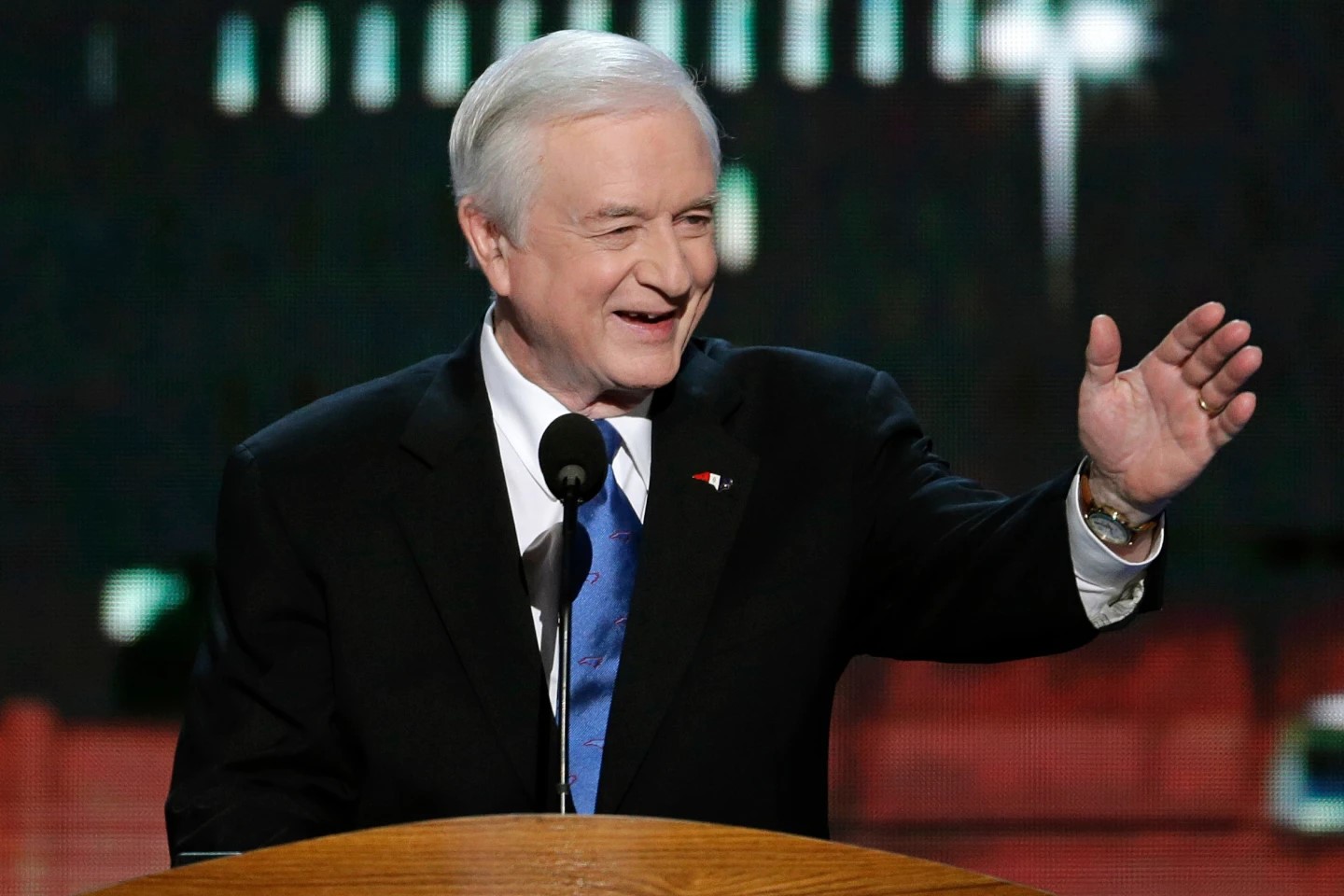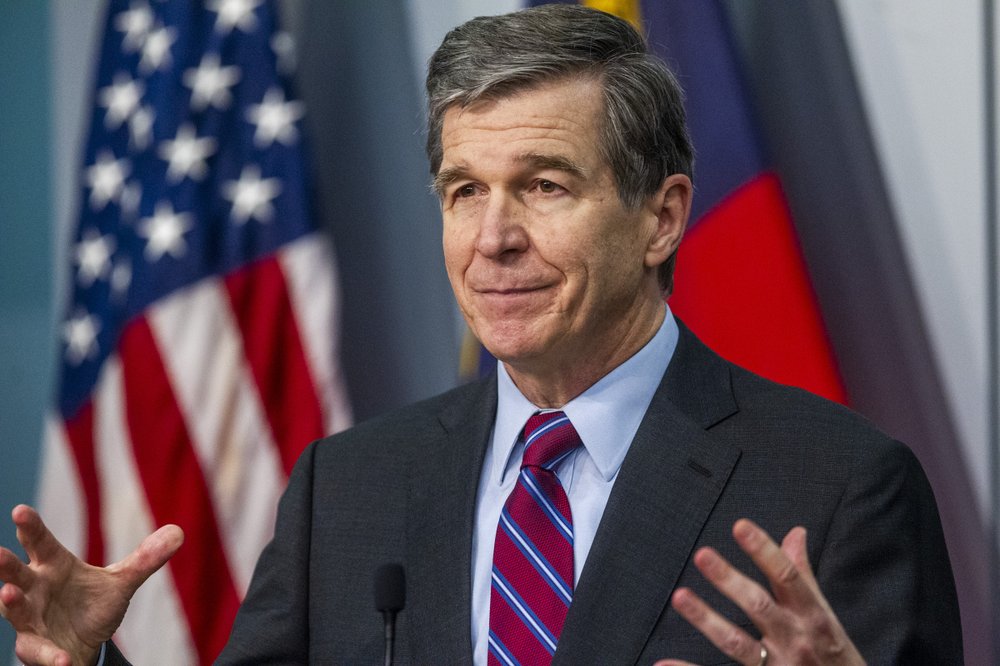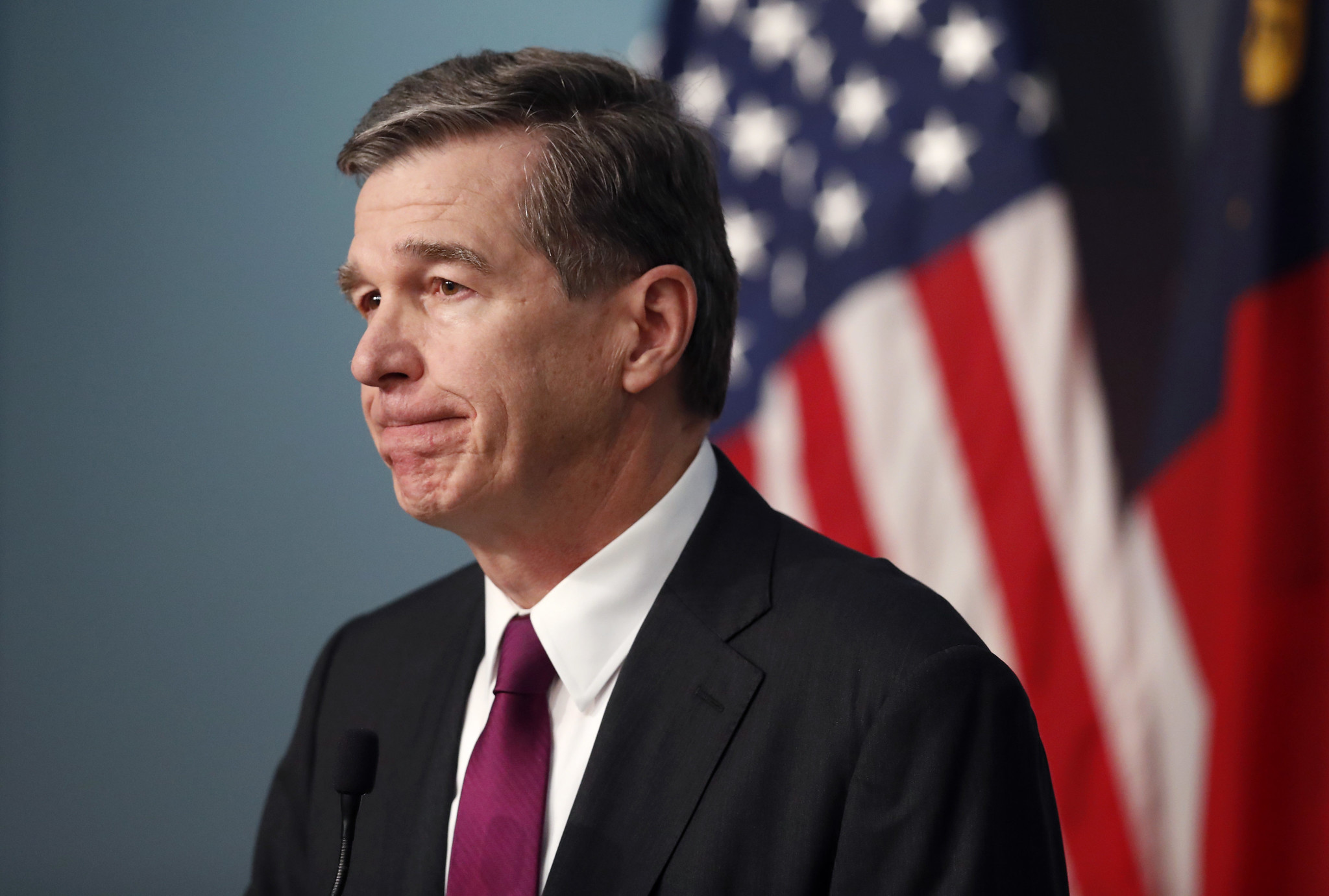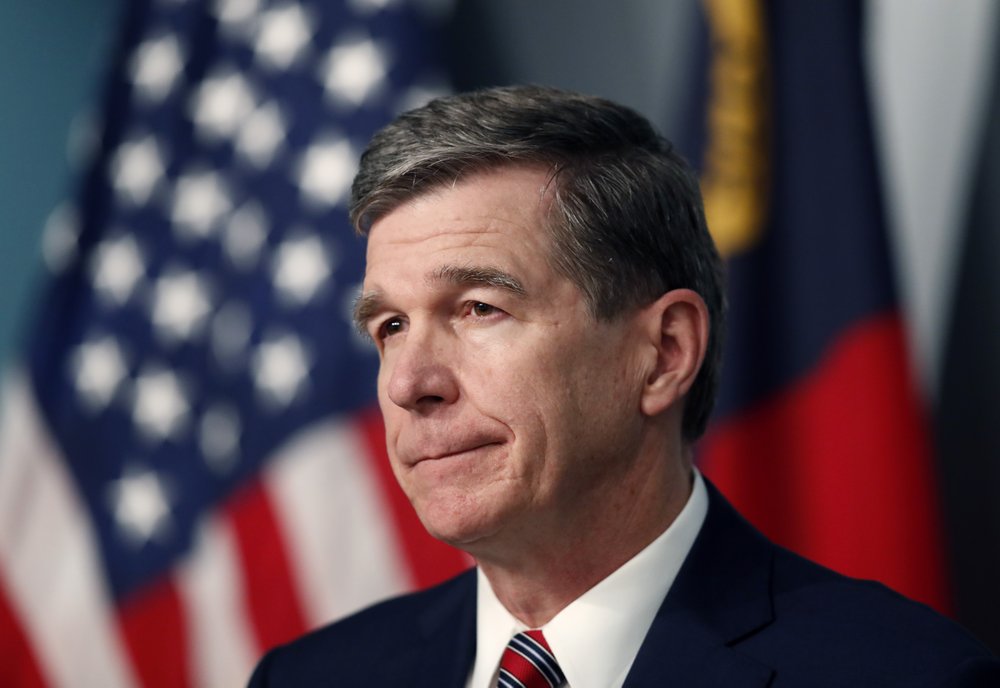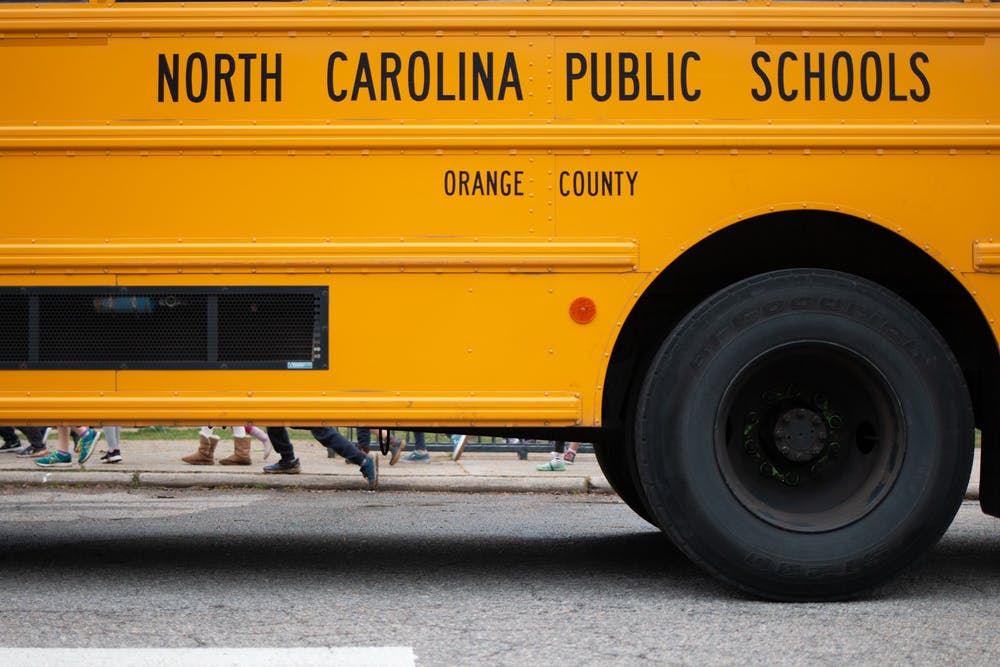The State Board of Education and Governor Roy Cooper recently filed a detailed action plan that envisions spending at least $5.6 billion dollars on new education expenditures through 2028.
The “comprehensive remedial plan” is the state’s answer for how it will improve North Carolina’s public schools while fulfilling the state’s Constitutional obligation to provide every student with a “sound basic education.”
North Carolina recently ranked 48th in the country in the Education Law Center’s annual assessment of school funding.
Governor Cooper’s latest budget, and subsequent education plan, is looking to change that.
The plan includes $1.2 billion dollars of funding to help economically disadvantaged students as well as increase funding for specialized support personnel – such as school psychologists, nurses, counselors, and social workers – by $743 million.
Mary Ann Wolf is the Executive Director of the Public School Forum of North Carolina. She said state data shows that we have a long way to go to create an equal playing field for students – and schools across the board need help. Wolf said this plan is a step in the right direction.
“I really appreciate how this plan says as a state we need to really move in this direction and it acknowledges the investments,” Wolf said. “So, you see really important pieces around teachers and how we are going to make sure that we are able to have a high-quality teacher for every single student and also a high-qualified, well-prepared principal in every school.”
Cooper’s budget would also include large raises for existing public-school teachers — 10 percent on average over two years. Higher education workers and K-12 support staff have not received any permanent, state-funded raises for the past two years.
“Those are the two biggest school-related factors, teachers and then principals, that affect student outcomes,” Wolf said. “So that plan goes very deep on what we need.”
The plan is now in the hands of Superior Court Judge David Lee, who will consider the proposal. Lee is overseeing North Carolina’s compliance with the school funding litigation known as “Leandro.”
Leandro is a decades-long case which affirmed that inequitable and inadequate school funding bars access to proper education, particularly for students of color and those from families with low incomes.
The Leandro case started in 1994 when families from five low-wealth counties sued the state, claiming North Carolina was not providing their children with the same educational opportunities as students in higher-income districts. By 2004, the state Supreme Court had issued rulings saying the state’s children have a fundamental right to the “opportunity to receive a sound basic education,” and that North Carolina had not lived up to that mandate.
Wolf said the state’s proposed comprehensive plan looks to address the issues raised in the Leandro case.
“One of the things that Leandro has long focused on is how do we ensure that some of our low-wealth districts have additional support that they need,” Wolf said. “We also know that, when you look at our accountability system, is it really providing what we need in order to help our schools, our teachers, our principals and our students succeed.”
Wolf said Leandro takes a systemic approach to addressing inequalities in the education system, and that adequate funding can go a long way in bridging the gap between students.
“When you step back, none of this is surprising,” Wolf said. “We know that these are the things that make a difference for schools, but we also know that there are many places where we’re not able to fulfill those needs. So, by looking at this systemically and saying, ‘we’re going to really provide the support that we need’ makes a big difference.”
If Superior Court Judge David Lee approves the plan, deeming it in compliance with Leandro, it will then move to the General Assembly for consideration.
Hear more from Mary Ann Wolf about Leandro and Cooper’s budget plan here.
Chapelboro.com does not charge subscription fees. You can support local journalism and our mission to serve the community. Contribute today – every single dollar matters.


